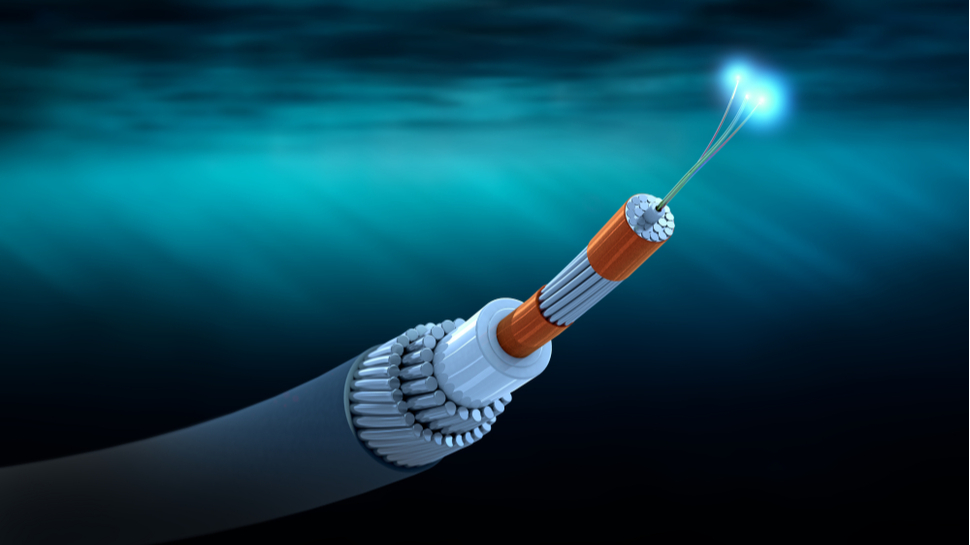Google, Facebook undersea web cable will no longer connect US and Hong Kong
Pacific Light Cable Network will now only connect the US to the Philippines and Taiwan

Google and Facebook have abandoned their plans to activate an undersea web cable between the US and Hong Kong following warnings from US security agencies that it could pose a risk to national security.
As reported by The Register, the consortium building the Pacific Light Cable Network has now submitted a revised proposal to the US Federal Communications Commission (FCC) which includes landing points in Taiwan and the Philippines but leaves out Hong Kong.
First announced in 2016, the Pacific Light Cable Network is a partnership between Google, Facebook and other companies with the aim of boosting internet speeds and capacity between North America and Asia by developing a 13,900km undersea cable. Both US tech giants have helped fund the project alongside a Hong Kong-based company called Pacific Light Data Communications (PLDC) that was originally supposed to own four of the project's six fiber-optic pairs.
- We've put together a list of the best cloud storage services around
- These are the best cloud hosting services available now
- Also check out our roundup of the best cloud phone systems
While PLDC was owned by Chinese steel and real estate magnate Wei Junkang when the project was first announced, the company was sold to a private broadband provider called Dr Peng Telecom & Media Group in December of 2017. US security agencies then began to have concerns about the Pacific Light Cable Network as Dr Peng works closely with China's Huawei and has worked on a number of state projects including a surveillance network used by Beijing police.
Excluding Hong Kong
Following months of deliberation, US security agencies recommended in July that the FFC approve the landing points in Taiwan and the Philippines but not the Hong Kong landing point. At the time, they also asked Google and Facebook to enter into a national security agreement with the Trump Administration.
Based on the refiling recently submitted to the FCC, both companies have followed the recommendations of US security agencies as they are now only seeking FCC approval for the sections of the project in the Phillipines and Taiwan. However, the Hong Kong section of the cable has already been completed but Google and Facebook “are not seeking authority” to operate this section.
A Google spokesperson confirmed that a new application for the PLCN cable system had been submitted in a statement, saying:
Are you a pro? Subscribe to our newsletter
Sign up to the TechRadar Pro newsletter to get all the top news, opinion, features and guidance your business needs to succeed!
“We can confirm that the original application for the PLCN cable system has been withdrawn, and a revised application for the US-Taiwan and US-Philippines portions of the system has been submitted. We continue to work through established channels to obtain cable landing licenses for our undersea cables.”
While a win for both Google and Facebook, Honk Kong and its citizens will be unable to benefit from the high capacity connectivity that the Pacific Light Cable Network will provide.
- These are the best cloud computing services on the market
Via The Register
After working with the TechRadar Pro team for the last several years, Anthony is now the security and networking editor at Tom’s Guide where he covers everything from data breaches and ransomware gangs to the best way to cover your whole home or business with Wi-Fi. When not writing, you can find him tinkering with PCs and game consoles, managing cables and upgrading his smart home.
